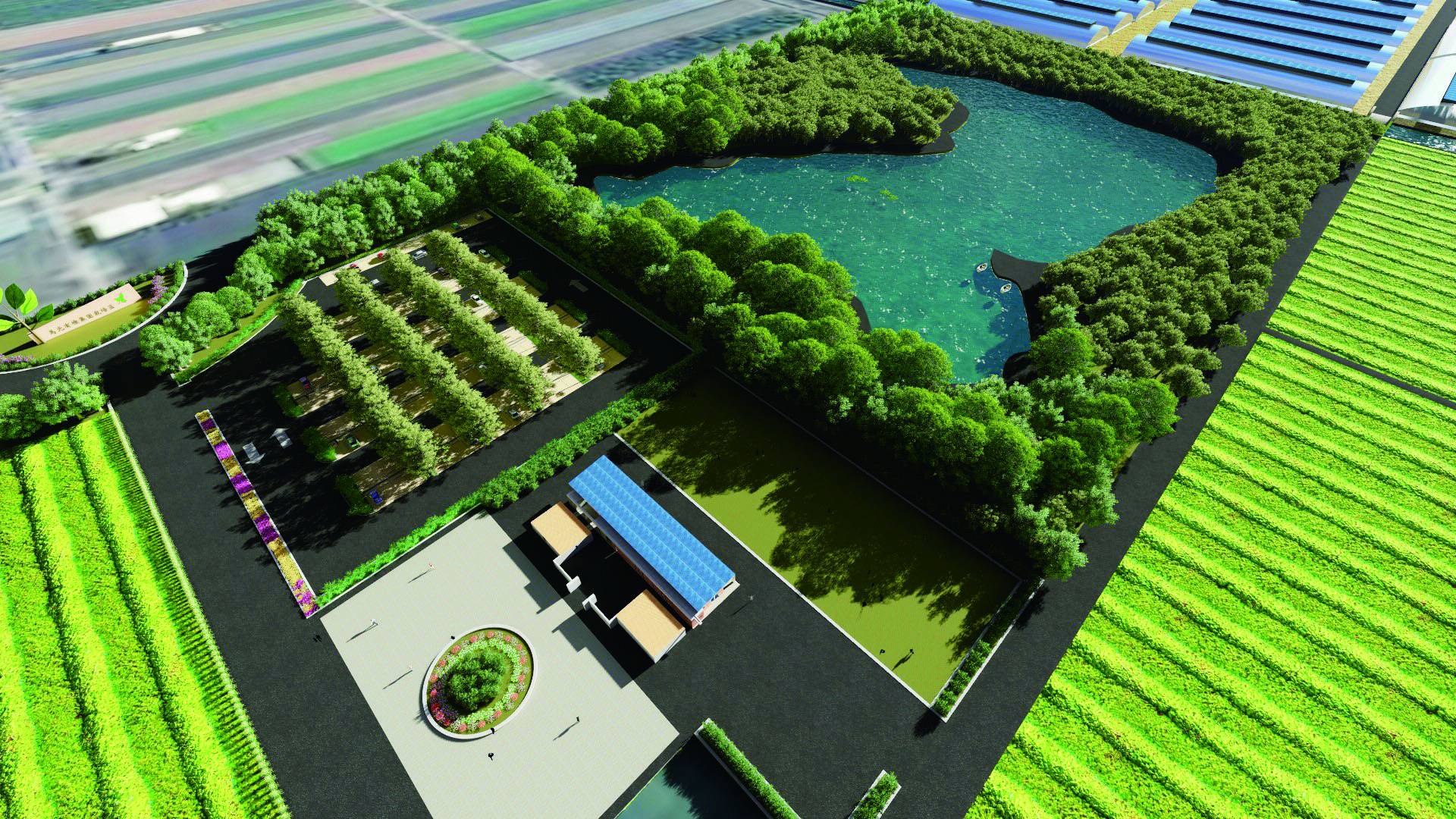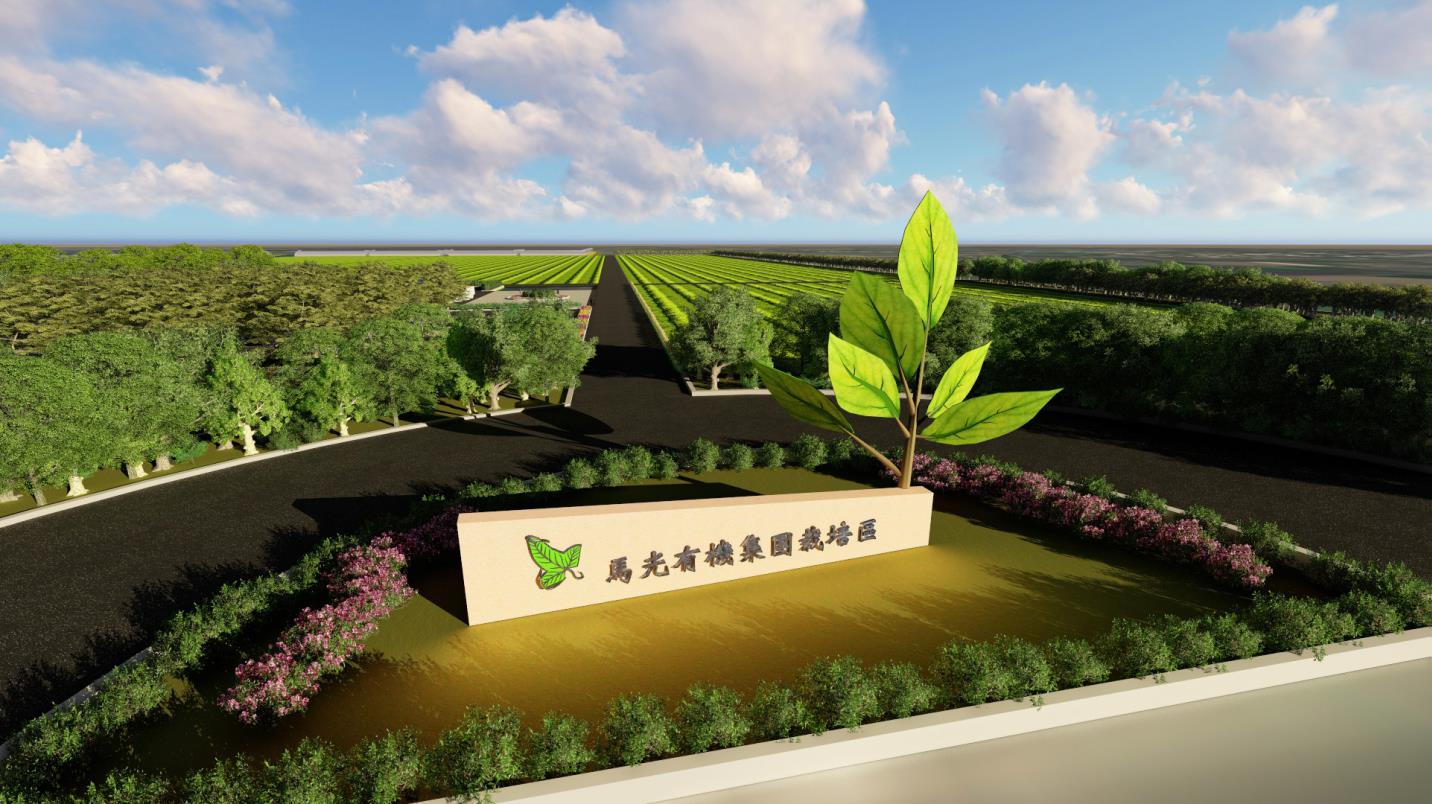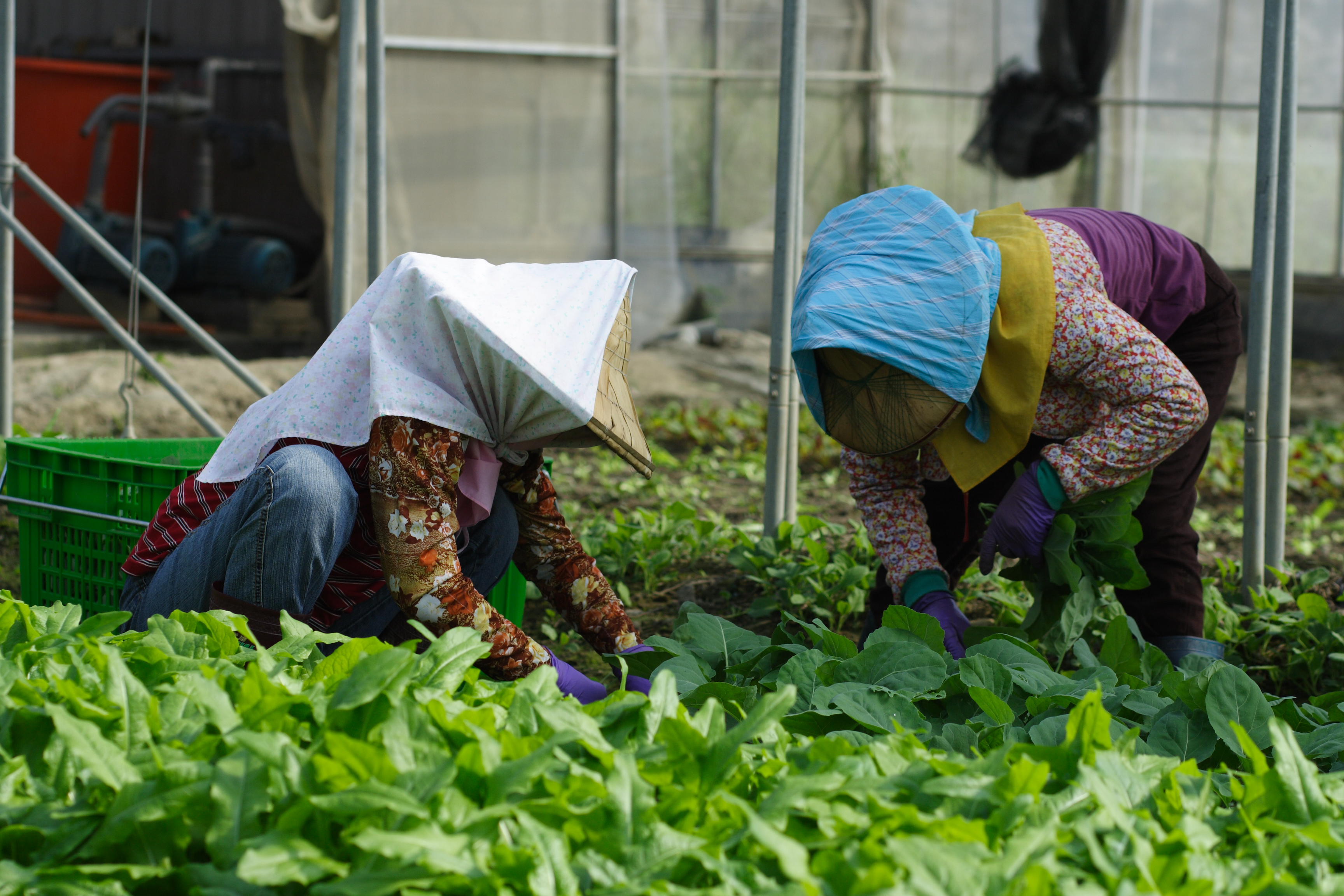Background and Goals
- Taiwan imports approximately 8 million tons of mixed grains annually, including 4 million tons of corn, 2.4 million tons of soybeans, and 1.6 million tons of wheat. Domestic production accounts for only about 6% of these imports, resulting in a low self-sufficiency rate. To address this, Taiwan Sugar Corporation (TSC), in line with government policy, has established the largest organic food growing area in Taiwan at Maguang Farm in Huwei Township, Yunlin County. This initiative aims to promote organic agriculture and enhance the self-sufficiency rate of domestically produced grains.
- The project aims to implement the government's organic agriculture policy and increase the nation's food self-sufficiency rate.
Implementation Progress
- The Maguang Organic Group Cultivation Area covers 197 hectares, including 93 hectares of open-air cultivation, 43 hectares of protected cultivation, and 61 hectares of public facilities (including a service center). The land is currently leased to National Formosa University.
- TSC provides land for leasing as the park site, with National Formosa University and the Ministry of Agriculture collaborating to assist farmers in obtaining organic farmland, establish agricultural talent training platforms, and drive the development of organic agriculture.
Expected Benefits
- The establishment of the organic agriculture park significantly reduces the risk of contamination from neighboring fields during organic farming. The large-scale organic cultivation management model promotes economies of scale, fostering organic industry development, fostering cluster effects, and enhancing farmer investment returns.
- The project aims to increase the domestic certified organic growing area by approximately 197 hectares, creating over 1,000 jobs and generating over NT$112 million in agricultural output. It also attracts young farmers back to Yunlin County, forming industrial clusters and revitalizing rural areas.
- The project establishes a circular economic model that integrates animal husbandry, biogas power generation, and food production:
- Biogas slurry + other organic materials → Fermentation → Application to farmland in the "Big Granary."
- Biogas residue + plant waste or cultivation bags, sawdust, etc., from the park → Compost production → Application to farmland in the "Big Granary."
- Crops grown in the "Big Granary" farmland → Food production.
Collaboration Partners and Opportunities
National Formosa University leases the park and is responsible for overall operations, planting plans, and recruiting young farmers. The plan is publicly available on the university's website, increasing the project's visibility and promotion, attracting young farmers interested in leasing the Maguang Organic Agriculture Circular Park.






